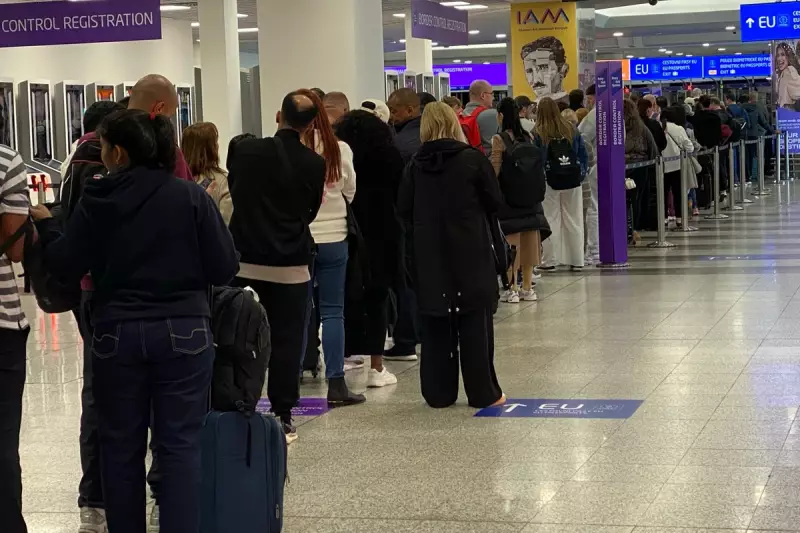
The European Union's much-debated Entry/Exit System (EES) has hit another significant roadblock, with authorities at Prague Airport confirming the automated border control programme won't launch until at least 2025.
This marks the latest in a series of delays for the controversial system, which was originally scheduled for implementation in 2022. The EES represents one of the most substantial changes to EU border management in decades, requiring travellers from non-EU countries including the UK to register biometric data such as fingerprints and facial scans.
What the EES Means for British Travellers
Once operational, the system will fundamentally alter how British citizens cross EU borders. Instead of the current passport stamping process, travellers will need to provide:
- Facial image capture
- Four fingerprint scans
- Personal information including travel document details
This data will be stored in a centralised EU database for three years, tracking compliance with visa-free stay limits of 90 days within any 180-day period.
Airport Preparations and Practical Concerns
Prague Airport's revelation about the delayed timeline highlights the extensive preparations still required at border crossings across Europe. The Czech airport authority indicated that physical infrastructure and technical systems need significant upgrades to handle the new requirements.
Industry experts have raised concerns about potential bottlenecks at busy airports and land borders, particularly during peak travel seasons. The additional processing time per passenger could lead to substantial queues unless border authorities implement efficient new procedures.
Broader Implications for EU-UK Travel
The repeated postponements underscore the complexity of implementing such a comprehensive border management system across 27 member states. The EES forms part of the EU's broader Smart Borders initiative, aimed at enhancing security while streamlining legitimate travel.
For UK travellers, the continued delays provide temporary relief from additional border formalities, but also create uncertainty about when the new requirements will ultimately take effect. Travel industry representatives have called for clear communication and adequate transition periods once a firm implementation date is established.
As Prague Airport's announcement confirms, the wait for the EES continues, with 2025 now appearing as the earliest possible launch window for this transformative border control system.





